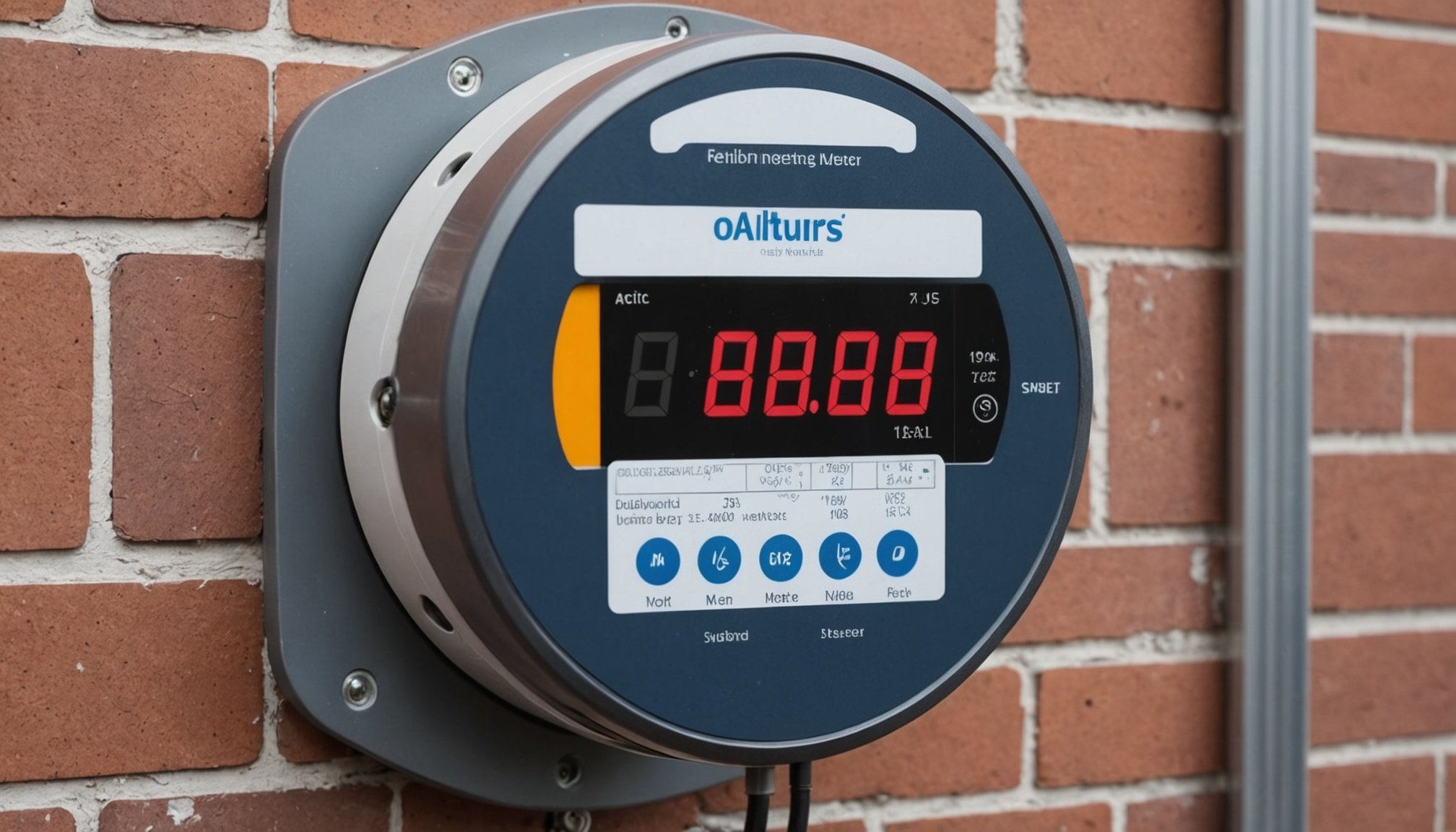Overview of Smart Meter Installation Deadlines
The United Kingdom has mandated the installation of smart meters across homes and small businesses, creating a seismic shift in energy consumption monitoring. Government mandates play a pivotal role in ensuring the transition to these smart systems, which are designed to improve energy efficiency and provide more accurate usage data.
Meeting these smart meter installation deadlines is crucial for both utility companies and customers. For small businesses, adhering to the timelines is not just about compliance; it’s an opportunity to potentially reduce energy costs and contribute to nationwide efficiency goals. UK regulations have set clear dates by which these installations need to be completed, making it imperative for all parties to remain well-informed.
Also read : Essential Guide: How to Report a Pothole on Council Roads in the UK
Failing to comply with these deadlines could result in consequences, ranging from penalties for utility providers to increased administrative overhead for customers. Utility companies must ensure comprehensive communication and support to facilitate smooth installation processes. On the customer side, staying informed about deadlines helps avoid last-minute rushes and ensures that businesses can plan their energy management systems effectively. Understanding and adhering to these deadlines is vital to achieving the broader objectives of the UK’s energy transition.
Compliance Requirements for Small Businesses
Navigating compliance requirements can be daunting for many small businesses, especially when they are mandated to adapt to new technology like smart meter installation. Businesses must understand the key regulations affecting them. Typically, these obligations vary depending on the industry. Retailers, for example, might face different guidelines compared to manufacturing companies.
Also read : 2023 Updates: What UK Patients Should Know About NHS Prescription Charges
The rules surrounding smart meter installation often require small businesses to update existing infrastructure, ensuring energy consumption is accurately monitored and reported. Compliance with such regulations helps streamline operations, conserve energy, and reduce expenses over time.
Failure to adhere to these regulations could lead to significant penalties, including fines or legal actions. Occasionally, businesses might even face suspension of operations until compliance is achieved. Understanding these potential consequences highlights the importance of staying informed and proactive.
For affected businesses, the first step should be to evaluate their current compliance status. One effective approach is to consult with compliance experts or regulatory officials who can provide guidance tailored to specific business needs. This diligence not only helps avoid penalties but also aligns businesses with forward-thinking energy practices, paving the way for a more sustainable future.
Timeline for Smart Meter Installations
Navigating the smart meter installation timeline is crucial for both individuals and businesses aiming to benefit from this technology.
Key Milestones
It’s essential to understand the important dates tied to this rollout. The phased implementation is structured to ensure maximum reach and efficiency. Businesses should be mindful of these key dates as staggered schedules can impact energy budget planning and operational adjustments.
Installation Process
The installation process involves a few straightforward but vital steps for small businesses. Firstly, confirm eligibility and specific needs with your energy supplier. Scheduling follows, where businesses arrange a time that minimizes disruption. Once scheduled, ensure the area is accessible and any necessary preparations, advised by the installer, are completed. This seamless process ensures hassle-free adoption.
Notifications and Reminders
Regular communication from energy suppliers regarding deadlines ensures you remain informed. Keeping an eye on announcements and updates is vital as dates can shift based on regional factors or technological progress. Watch eagerly for reminders facilitating on-time installation, ensuring you’re not missing out on future energy savings.
Consequences of Non-Compliance
The consequences of non-compliance are significant and multifaceted, especially for businesses struggling to meet deadlines. Financial implications stand out as immediate concerns, with penalties often imposed when compliance standards are not met. These can include fines that accumulate, potentially jeopardizing a company’s financial stability.
In addition to financial burdens, there are potential legal repercussions. Non-compliance can lead to lawsuits, increased scrutiny from regulatory bodies, and even long-term legal battles. Such legal issues may tarnish a business’s reputation and lead to further financial loss due to damaged customer trust and loyalty.
The impact on business operations cannot be overlooked. Non-compliance can disrupt daily activities, affecting operational efficiency and the service quality provided to clients. Businesses may find themselves prioritizing damage control over innovation and growth. For small businesses, these consequences are particularly severe, as they might lack the resources to absorb the financial shocks or the flexibility to navigate the operational disruptions non-compliance causes.
Ultimately, understanding and mitigating these consequences are paramount for businesses of any size to maintain smooth and unfettered operations.
Steps Small Businesses Should Take Now
For small business compliance with upcoming energy metering changes, a few action steps are pivotal. Start by assessing your current meter status. Is it ready for the transition to new systems? Gathering this information can prevent headaches later on.
Next, engage with your energy suppliers. Schedule a meeting or conversation to discuss the installation timeline. They can provide crucial information about when and how installations might occur. Proactively managing this allows for smoother integration into new systems.
A vital part of preparation involves your team. Staff training and awareness should not be overlooked. Inform your employees about the changes and ensure they understand their roles in this process. Consider workshops or informational sessions that foster engagement and understanding.
Despite the shift, there is an opportunity here. Small businesses that take these steps not only ensure compliance but also position themselves ahead of competitors. With minimal disruption and maximum preparedness, the transition’s benefits can be fully leveraged. This foresight cultivates a proactive culture, offering a strategic advantage.
Frequently Asked Questions
Navigating smart meter installations can be challenging, and numerous common concerns often arise regarding deadlines and exemptions. Below, we address some of these pressing questions.
Common Queries
One of the most frequently asked questions relates to installation deadlines. Not all businesses have a pressing deadline, but it is vital to verify specific timelines with your energy supplier to ensure compliance.
Regarding exemptions, some small businesses might qualify, avoiding the need for smart meter installations altogether. Eligibility largely depends on the scale and nature of business operations, therefore consulting with your energy supplier is advisable.
Resources for Further Information
For more tailored advice, it is crucial to consult official government and energy authority resources available online. Although we cannot provide direct links here, energy suppliers typically have dedicated contact personnel who can offer detailed guidance on your unique circumstances.
Case Studies and Examples
Learning from others can be incredibly beneficial. For example, businesses that proactively engaged with their suppliers and sought timely advice often found navigating installation seamless. On the other side, some have faced challenges by underestimating these processes. Understanding their lessons can empower businesses to manage their installations effectively and comply with regulations.











